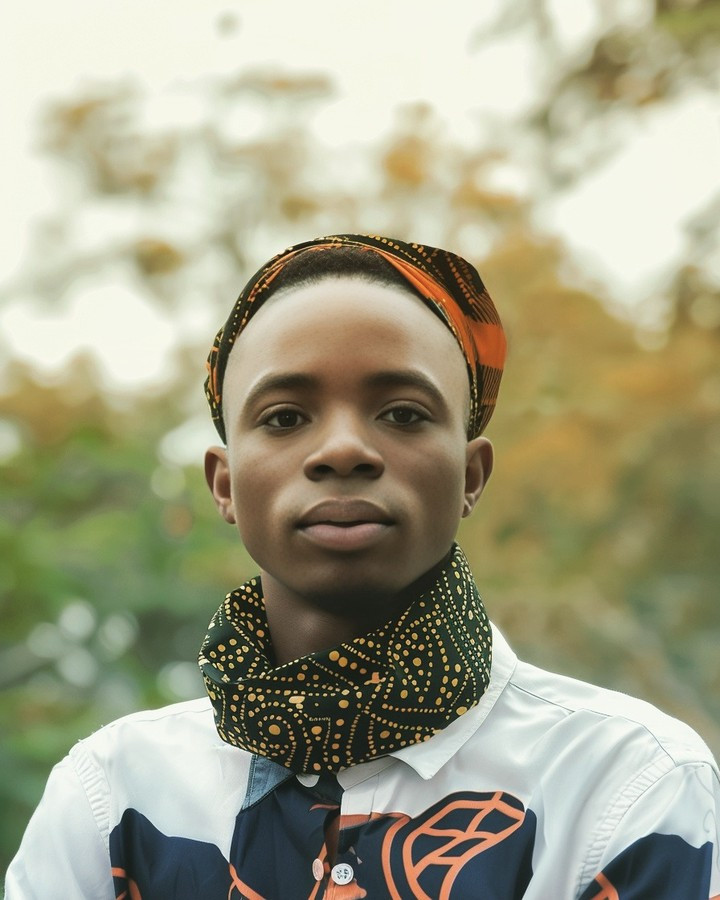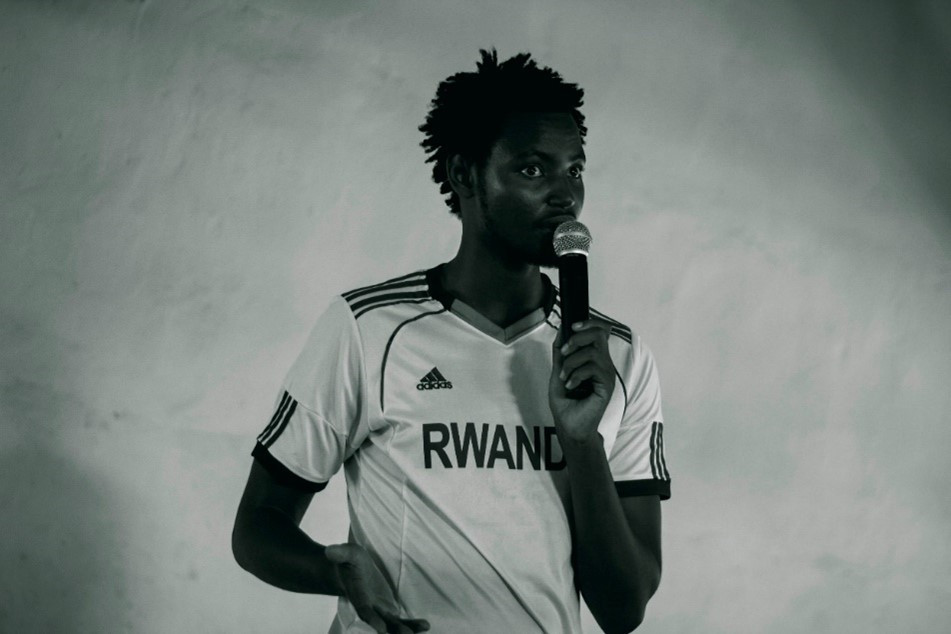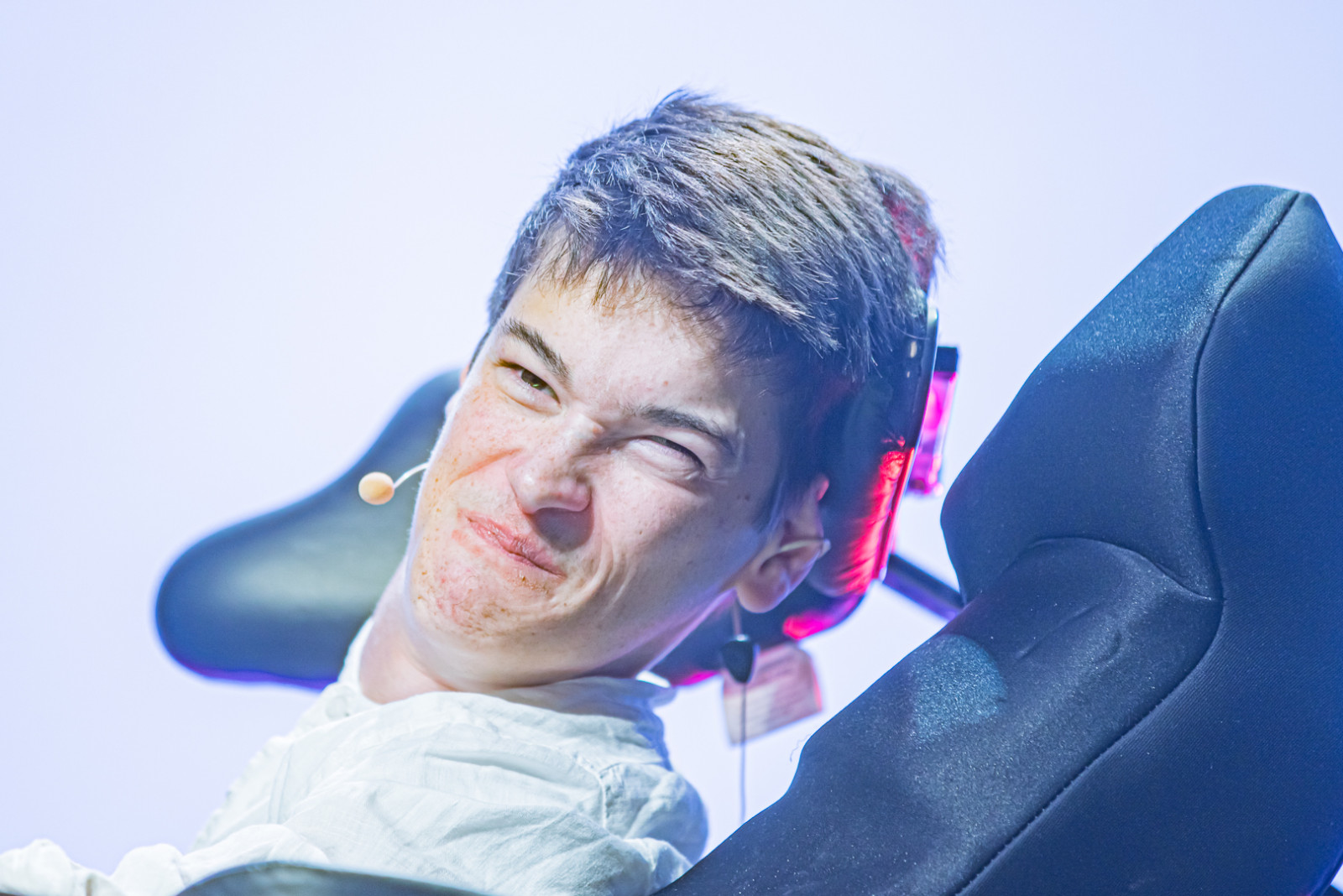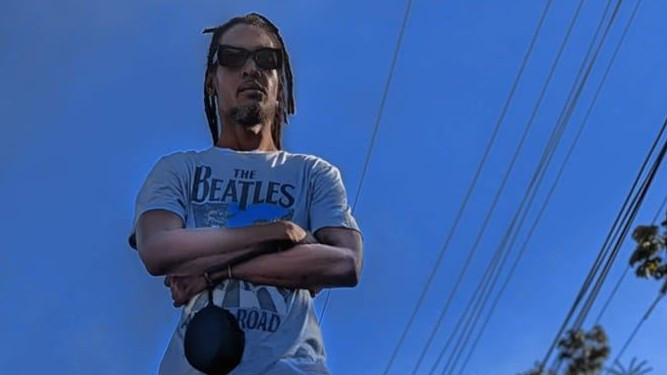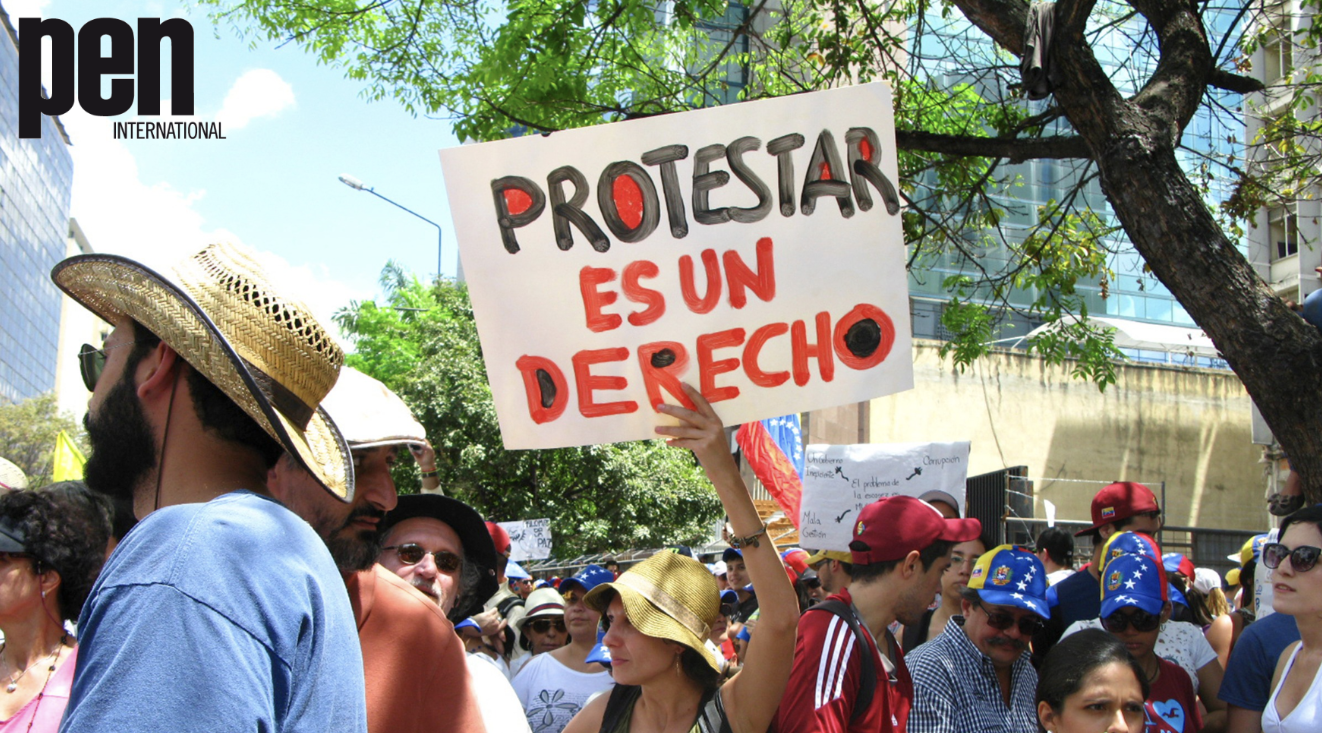Listen to the podcast interview, held in French, with Lesly Success by Ayi Renaud Dossavi on our series "Brave Young Voices"
Since the assassination of President Jovenel Moïse in the night of July 6th to 7th, 2021, Haiti has plunged into a seemingly endless cycle of violence. Armed gangs – supported, one suspects, by invisible hands – operate in broad daylight, in well-known neighborhoods, without the slightest fear. They rape, kill, torture, extort at will, according to the mood of the day. Powerless, the State remains silent. And in the void of that silence, entire families have fled their homes to escape repeated assaults – in Port-au-Prince, in Petite Rivière de l’Artibonite, in Mirebalais, in La Croix-Périsse. Hundreds of thousands have been directly affected by these atrocities. As if the nation itself had been ordered to hide behind walls and wait, patiently, for its end.
But if there is one person who knows how to lift its head when the world crumbles, it is the people of Haiti.
Hardened by more than three centuries of slavery, foreign occupation, dictatorship, and now armed gang rule, this people – whom history tried to reduce to silence, to stigma, to defeat – keeps rising. Keeps fighting. Not even the surreal militarization of nearly 80% of Port-au-Prince, of Mirebalais, or large swaths of the Artibonite, will bring to its knees this impetuous and unbreakable people, who has already outlived misfortune itself.
It defies logic – or belongs to the realm of dystopian fiction – that a government, however de facto, allows bandits to roam freely, to burn homes and public buildings, to rape as they please, as if nothing mattered. Since the start of the year, entire communities have been displaced into makeshift camps. Perhaps, in a few years, tens of thousands of children will have been born in these camps. On social media, in the press – this is all we hear.
Yes, we are a people on the run.
But we are also a people who resist.
And that, perhaps, is what unsettles the world: how can a people that survives still manage to live?
"Nou se rozo, nou mèt pliye, nou p ap kase."
We are reeds – we may bend, but we will not break.
"Nou se pitit recho ki pa janm etenn."
We are the children of a flame that never dies.
In Haiti, courage is not a choice. It is a discipline. A daily ritual. A quiet legacy passed down through songs, glances, silences, and self-sacrifice.
Rising Through Culture
In the face of this human tragedy – orchestrated by armed gangs in complicity with political leaders and foreign powers – voices continue to rise. Often invisible in mainstream media, they gather around culture, they organize, they resist through creativity.
From Ouanaminthe to Les Irois, from Gonaïves to Jacmel, literary and cultural initiatives are blooming. The Ouanaminthe Book Fair in the Northeast, Okap Flavors in the North, Mardis Culture and Festival Kontredans in the Northwest, the Boisrond Tonnerre Poetry Festival, PAWOLI – The Power of the Word in Gonaïves, the Lawouze Cultural Center in the Centre department, the Port-au-Prince Book Fair, Festival en Lisant, Festival Quatre Chemins, the International Festival of Creole Literatures, the Book Marathon and Livres en Folie in the West… All of them carried by associations of creators who are, against all odds, inventing life anew.
This April alone, Haiti celebrates: The first edition of the “Walking Islands Festival” in the Southeast, initiated by ÖFFEN POEM. The second Grand North Book and Arts Fair in Port-Margot, led by the Observatoire du Patrimoine. The tenth edition of Vive Haïti Livres in Saint-Marc, organized by the Vive Haïti Livres Association.
April is also the time of the sacred Rara celebrations, where voices sing, drums beat, and the streets come alive – a living proof that a people who sings and dances cannot die.
Even beyond borders, the tide is shifting. On April 17, French President Emmanuel Macron, in a historic address marking the bicentennial of Haiti’s independence ransom, officially acknowledged the injustice of the double debt imposed by King Charles X in 1825. A first symbolic victory for Haitian civil society, which has long demanded the restitution of over 21 billion euros extorted in the name of colonial pride.
Voices that carry the flame
To better understand the cultural momentum rising among the youth, we spoke to two young Haitian authors and cultural organizers.
Christ-Falin Oralus, writer, poet, publisher, and founder of Mardis Culture and Festival Kontredans in the Northwest, shared: “We continue building cultural initiatives because we are the country’s vital force. Not long ago, I was discussing youth engagement with a Cameroonian professor. She said: ‘In every nation, there’s a force of light against the darkness.’ In Haiti, that light lives on through Jacques Stephen Alexis and Jacques Roumain. A country that birthed such thinkers cannot die. We carry their legacy by mediating culture, making books accessible, and teaching civic engagement. I believe this will help our youth become responsible citizens.”
For Darlin J. Michel, poet, singer, and cultural activist, coordinator of Jeux Dits Pwezi evenings in Jacmel: “Culture is a space for healing and hope. It must stay strong when all else loses meaning. Symbols must be kept alive -- without them, there are no bearings, no transmission. That’s how civilizations disappear. Culture gives hope. It also fuels resistance. These activities serve three purposes: they reconnect people to their traditions, help relieve daily burdens, and pass on values. For all these reasons, cultural initiatives must go on -- as long as we still can.”
They are many – women and men who refuse to give in, even in the face of chaos. In Haiti we say: “Toutotan bouchon kalbas nou poko pèdi, n ap twoke kòn pou zago.” As long as the stopper of the calabash is not lost, we will keep fighting, horn to horn.
About the author
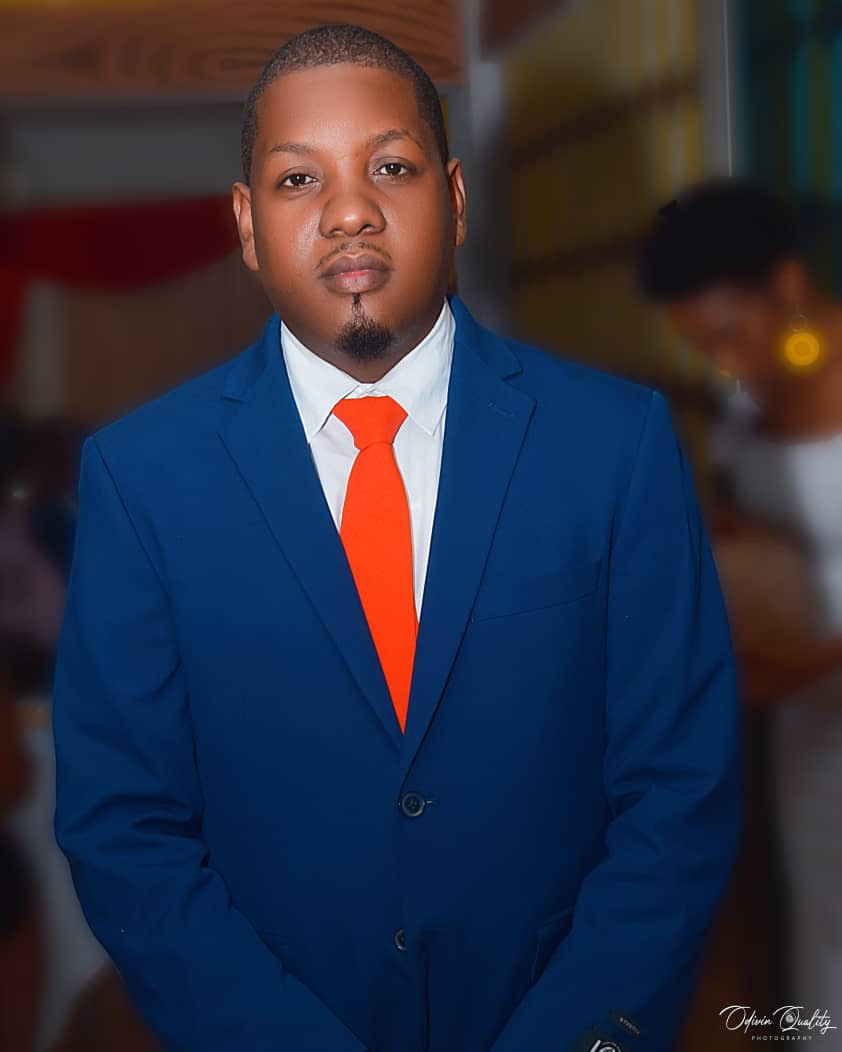
Lesly SUCCÈS is a poet, journalist, and cultural practitioner. He studied psychology at the Faculty of Ethnology of the State University of Haiti. A committed figure in Haiti’s literary and civic scene, he previously served as President of the PEN Gonaïves Center, a local branch of PEN Haiti, and was also the local President of Junior Chamber International (JCI) Gonaïves, later becoming National Vice President of JCI Haiti.
Currently, he is the Programming Coordinator at the Bois de Bry Artist Residency in Haiti, where he continues to champion literary creation and cultural dialogue. He is the author of several works, including Nuances (Éditions Ruptures), Simagri (Éditions de la Rosée), and Plon gaye (unpublished). As an active member of the PEN International Young Writers Committee, he brings a voice that is both lucid and lyrical, grounded in personal experience and collective memory.


